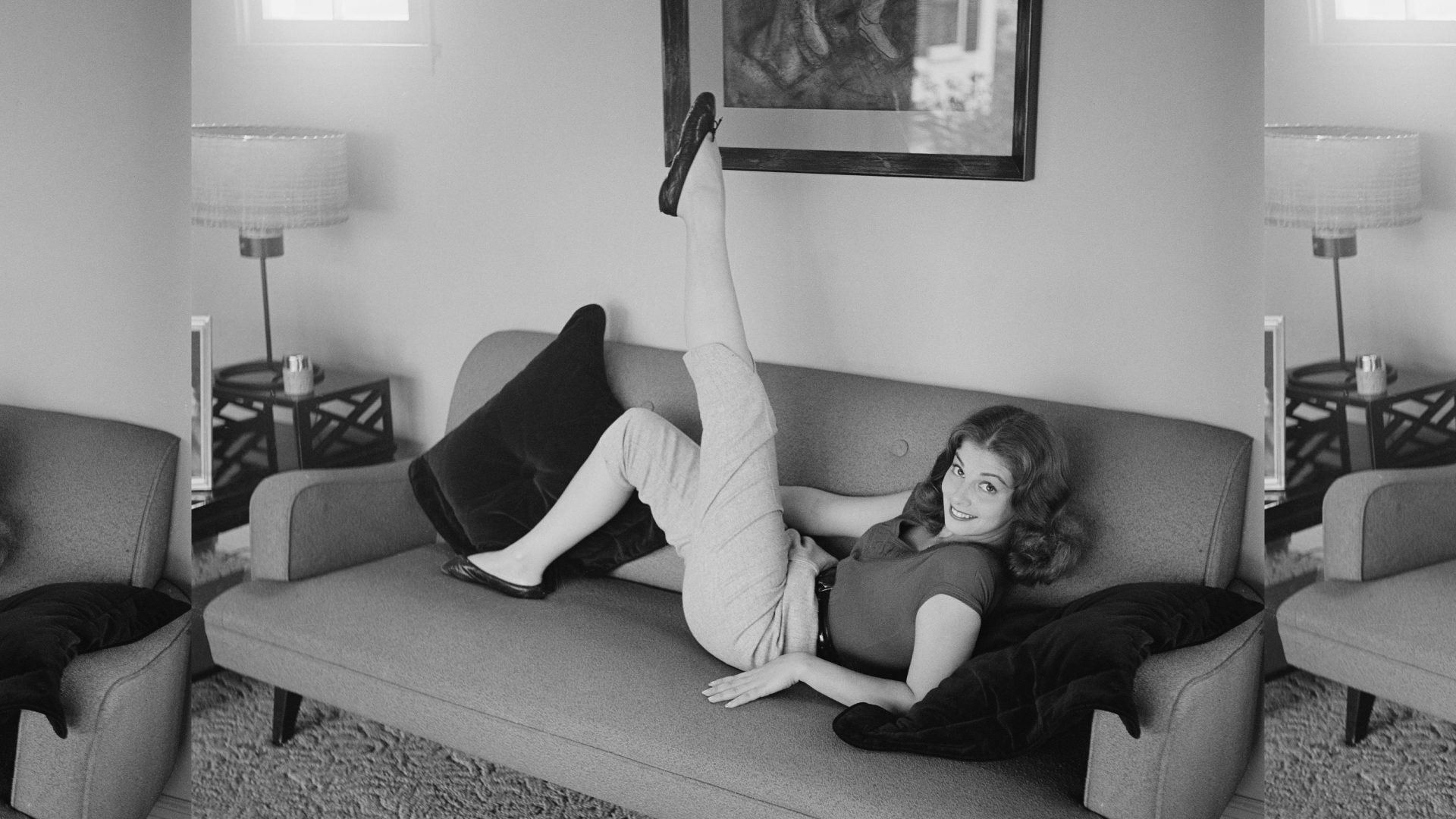On the way from the subway at Kelvinhall to my son’s flat on the Byres Road, a wee shopfront catches my eye: “Glamourous Geggies”, it reads, with a little starburst on the “s” of “Geggies”, presumably intended to press home quite how glamorous they are. “Pressing home” are operative words here, because what will make these geggies glamorous are the cosmetic dentures made on
the premises. Elsewhere on the façade it says: “Cosmetic Denture Design by John”, “Finest Dental Designer in the World!”, “Est 1973” and “still a jolly fine service” – each slogan in a different kind of lettering, but all of them redolent of a past concurrent with music hall and crinolines rather than platform soles and boob tubes.
In the window of the shop there’s a smaller printed sign detailing the jolly fine services: “Natural look, With Spaces, Irregular Settings” and so on. It’s tempting – since there’s an off licence next door selling a plethora of those distinctively sweet alcoholic drinks beloved of the Scots working class: Dragon Soop, “Mad Dog” 20/20, Buckfast Tonic Wine et al – to reflect on how what people put in their geggies hereabouts means it’s pretty much a foregone conclusion that they’ll be requiring John’s services. But we’ve been
down that mossy, plaque-lined lane too many times in the past – instead I start musing, as I turn into the Byres Road, on the proclivity certain societies have for diminutives.
Or at any rate, babyish-sounding coinages. “Geggie” for mouth sounds pretty infantile – and then there’s the subway I’ve just taken from St Enoch’s. It may well be the fourth-oldest inter-urban underground railway in the world (opened 1897), but it isn’t this that stands out for those of us hailing from, um, larger cities – but rather the dinkiness of the whole assemblage: the gauge is only four feet, so the carriages seem both small, and, in their distinctive orange livery, rather cutesie. Before its extensive refurbishment in the late 1970s, the original carriages were still in use, which had bench seats attached to the sides and floor, such that they jiggled their occupants about – giving the system its traditional nickname “the shoogie” – or shaky – line.
Is it the small size of Scotland’s population that gives them this linguistic kink: a desire to reduce everything to the compass of a cosy domesticity? I think so. It’s worth considering that while the landmass overall is almost 60% of England’s, the population is less than a tenth. Moreover, 90% of these folk live in the rustbelt of defunct industrial towns that stretches between Edinburgh and Glasgow – no wonder they cower, coming up with little epithets, while to the north range the illimitable wastes of heather and granite. I always found it endearing that farther north – in the Orkney Isles, off the cost of Caithness, where I lived for a while in the 1990s – while the population was sparser, the diminutive density was yet greater.
Here, the qualifier “peedie” – meaning small, although it’s cognate with the Swedish “pirug”, meaning meagre or poor – can be appended to just about any noun. People have peedie colds, drive peedie cars, and offer you peedie drams of whisky (that are usually three fat fingers). My favourite use of peedie came when I was lain up in the Balfour Hospital in Kirkwall with a case of septicaemia. I knew I was seriously ill when pretty well everyone who’d been in the ward when I was admitted was discharged – including some obvious valetudinarians. The only other patient who remained was a young man with both legs in traction and looking like someone had tried to shave him using a rotary lawnmower. When I asked the brusque matron what had happened to this lad, her normally severe features softened and she said: “Oh, him, he’s just been in a peedie car crash.”
But if the Scots like to the look at the world through the wrong end of a metaphoric telescope – now much more microphilic are the white Australians. This could be a direct cultural inheritance – after all, many of the colonists were Scots – but my hunch is that once more its physical geography that determines vocabulary. Confined to the coasts of the vast landmass that they’ve nominally occupied – like smears of Vegemite on some humungous slice of toast – they cluster round their barbies in their stubbies (very short shorts), confusingly drinking also from stubbies (short cans of beer). There’s something wilfully claustrophobic about this small-obsessed slang – as if the white Australians were trying to create a semiotic barrier against great wilderness out back, and perhaps also against the ugly truth that it’s been depopulated due to a genocide their forebears perpetrated.
The most nauseating instance of this baby-talk I can recall – and one that speaks to the notion of a collective unconscious rendered infantile by repressed anxieties – was when I had to book a plane ticket for my wheelchair-bound stepmother. Having explained her requirements to the woman on the end of the phone, she thought for a moment and said: “So, you’re wrinkly is a sickie.” Quite so.



